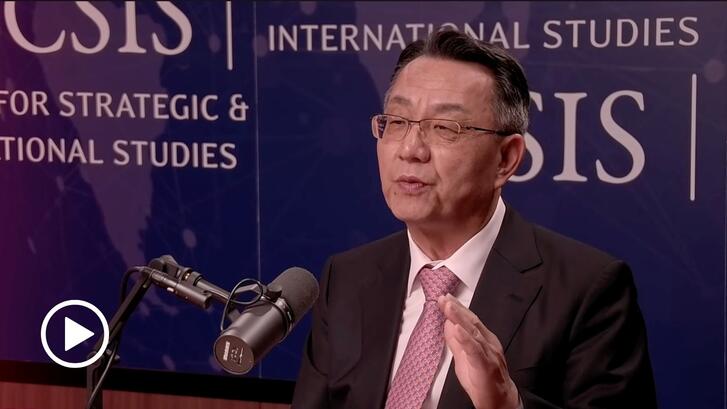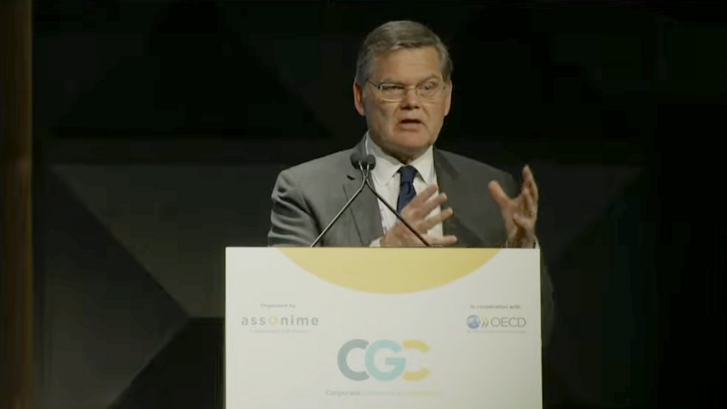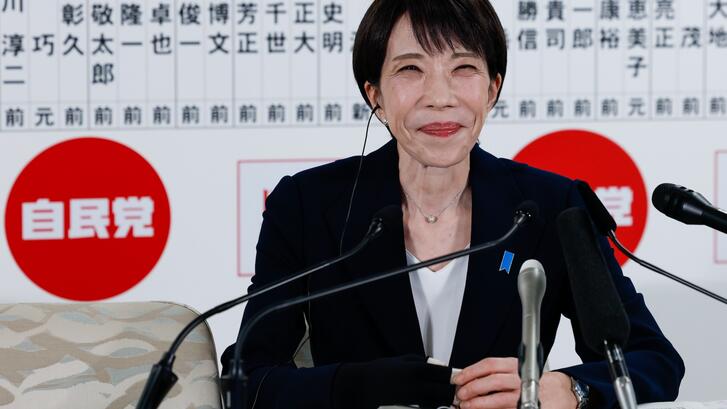Noa Ronkin

Noa Ronkin, DPhil
- Associate Director for Communications and External Relations
Shorenstein APARC
Stanford University
Encina Hall E301
Stanford, CA 94305-6055
Biography
Noa Ronkin joined APARC in 2018 and serves as the Center’s associate director for communications and external relations. She collaborates with the Center’s leadership to bring the work and expertise of APARC faculty and researchers to audiences including policymakers, industry leaders, and academics in the United States and in Asia. She also assists APARC programs to meet their goals and research mission.
Noa started her career at Stanford as a postdoctoral teaching fellow with the University’s freshman liberal arts program Introduction to the Humanities and later served as associate director of the McCoy Center for Ethics in Society. She subsequently worked as a fundraiser and communications manager at the software-for-good nonprofit Benetech and ran a communications and content marketing consultancy.
Noa earned her DPhil in Buddhist Studies from the University of Oxford, and her MA in Philosophy and a dual BA in Philosophy and Psychology from Tel Aviv University. She is the author of Early Buddhist Metaphysics: The Making of a Philosophical Tradition (Routledge, 2005) and of several articles on the Theravada Buddhist Abhidhamma tradition.



